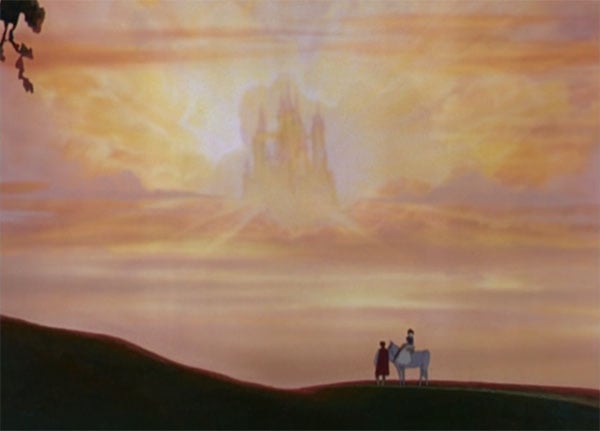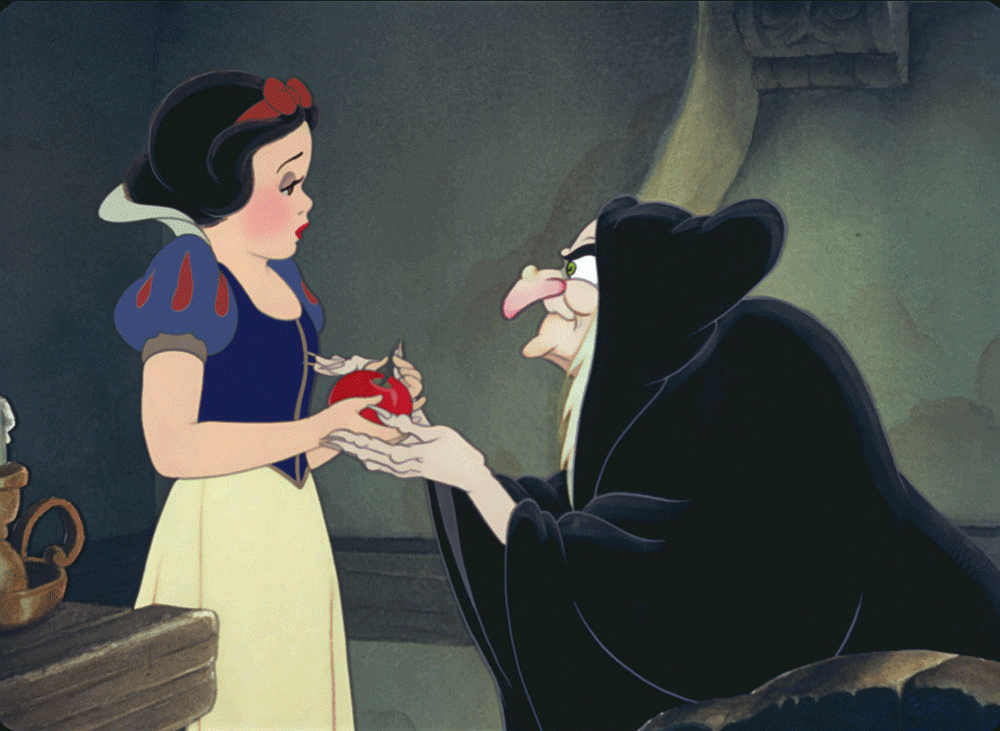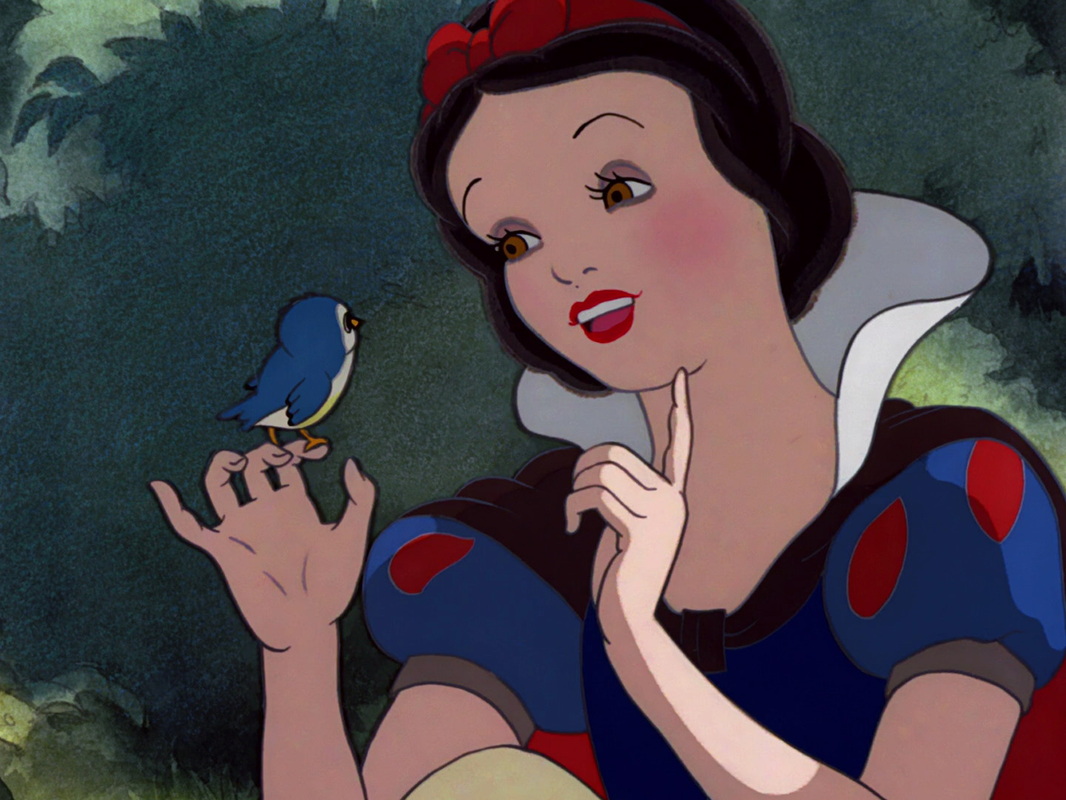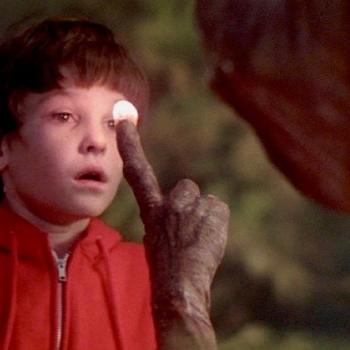
On the day Disney+ went live, my sister and her husband selected Walt Disney Animation’s very first film, “Snow White and the Seven Dwarfs,” as their inaugural viewing. (I think mine was the “Lady and the Tramp” remake?) Apparently my brother-in-law hadn’t seen the film since early childhood, and he didn’t remember the details of the ending. His reaction to seeing Snow White and the Prince approach the Castle in the clouds was something like “So … she’s dead?”
The observation was humorous and innocuous. Just so, there’s a point to be explored here. Does the film covertly admit that Snow White could never survive in this world?
Kindness is the princess’s defining characteristic, but from the moment Snow White learns her stepmother wants her dead and she runs terrified into a sinister forest, the question in the air has been whether or not her unabashed goodness can survive in such a cruel world. The movie plays Snow White’s unending kindness as a virtue, but it’s also the thing that makes her most vulnerable. Nurturing a baby bird, caring for the seven dwarves, that’s all good and fine. But Snow White follows this same impulse when she falls for the old hag’s trick and partakes of the poisoned apple. (Is there a forbidden fruit motif here as well?) Of course Snow White wouldn’t suspect that this old woman would do her any harm. She only sees the good in others.

Perhaps the awakening at the end isn’t actually Snow White returning to life, but rather her archangel prince taking her to a more heavenly plane abounding in goodness. A place where she won’t be taken advantage of. Again, I return to the heaven-inspired imagery of the final shot.
To be clear, I’m not suggesting that the film is pulling out the rug from under Snow White. The movie seems confident that Snow White’s kindness is a virtue. Just look what it does for the family of animals and dwarfs she finds in the woods, or how distraught this family is at her funeral. If anything the movie suggests that she’s too good for this world.
This is relevant to religion because of how it presents exaltation. With belief there is the tendency to look forward to exaltation so earnestly that we buy into steep and dire prepositions concerning the nature of goodness: heaven is the safe base where we won’t have to worry anymore, and the earthly existence we have to wade through in the meantime is just an unforgiving hellscape. And this world is just too rotten for goodness anyways.
This mode of thinking is dangerous because of how it devalues the significance of goodness in a fallen world. Snow White’s life was fuller for the goodness she extended to her new family. Similarly, our own lives become more meaningful when we choose to carry heaven’s light into the world despite its thorns.
A gentler reading might conclude that even as Snow White’s goodness leaves her vulnerable to forces that would do her harm (the Evil Queen), it also draws to her allies and protection (the dwarves and animals) who make up the difference. Even The Prince, whose salvific kiss brings her back from death, was endeared to Snow White because of her charity and hope. Light begets light. Kindness finds kindness. Snow White’s goodness is its own safety net.
We know heaven is for the pure in heart, but maybe they have a place on earth as well.














